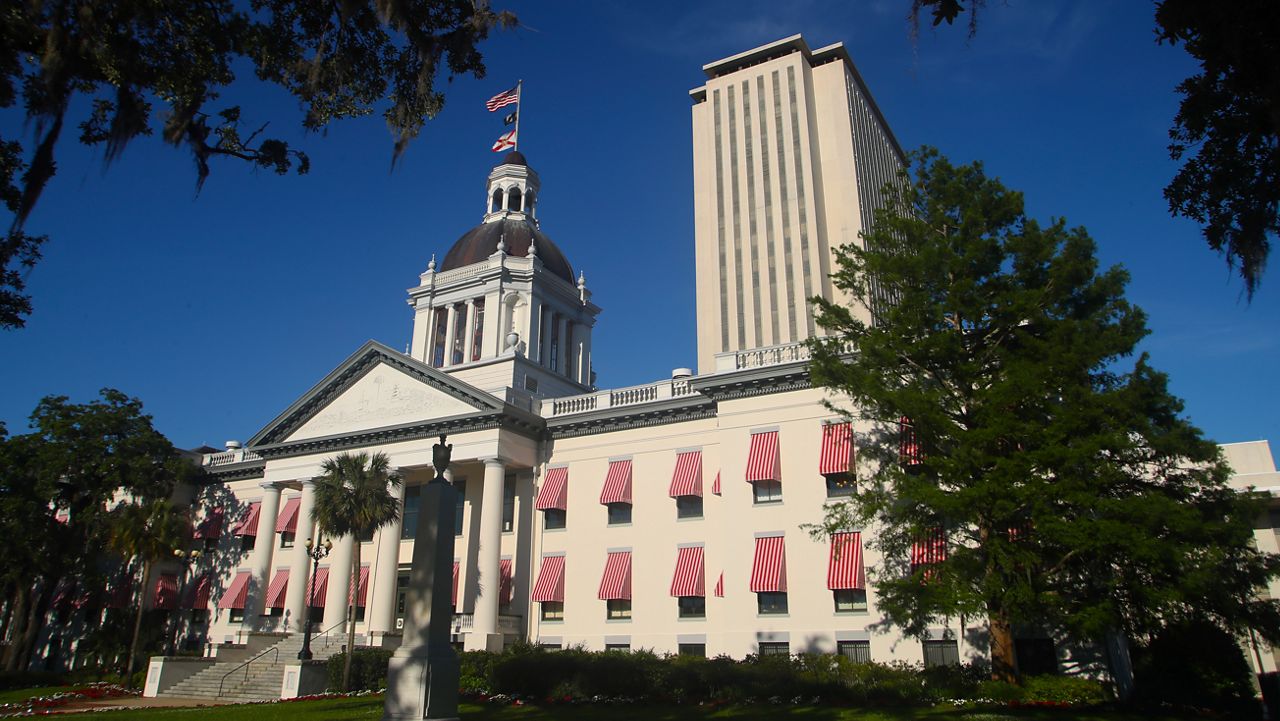BRADENTON, Fla. — Christelle Metayer’s eyes well up whenever she thinks about her family and the crisis back home in Haiti.
“I see pictures of Haiti of how dirty the streets are, and we are hating on one another,” she said.
She grew up in a town just outside of Port-au-Prince, Haiti.
While looking at one of her childhood photos, she said she was “a little girl with a lot of dreams. When Haiti was way better than it is right now.”
Metayer arrived in the U.S. six months ago under the Biden Humanitarian Parole Program. She is still waiting for her family, who applied over a year ago, to join her.
She is now a paralegal aide, working with immigration attorney John Dubrule.
In June, Secretary of Homeland Security Alejandro N. Mayorkas announced that Haiti had been redesignated and its Temporary Protected Status (TPS) was extended due to extraordinary and temporary conditions in the country.
Dubrule says there are several hurdles he’s encountered when registering Haitians for Temporary Protected Status.
“One of the hurdles that people have is getting documentation,” said Dubrule.
Dubrule says that due to the crisis in Haiti, it has been difficult to obtain documents such as birth certificates. TPS applicants must also prove that they have been living in the U.S. since June 3, 2024. Dubrule mentions that this is harder to prove for individuals without a job or an active bank account. Additionally, there is a language barrier to be considered.
“It’s been very difficult when we haven’t had somebody like Crystal that speaks Creole because, you know, a lot of the people came. They would have to find a family member or somebody like that to do the translations,” he said.
Metayer is fluent in Spanish, French and English, in addition to Creole. This helps her serve various clients from Haiti, Honduras, Guatemala and other places. Dubrule says many sought asylum through the Biden Parole Program, which expires after two years. Both say that the extension of the Temporary Protection Status through Feb. 3, 2026, will help more people.
“Just because they are saying there is an automatic extension — it doesn’t mean that you don’t have to re-register it. It is important for them to re-register,” said Metayer.
Metayer says she is doing her part to help Haitians fully take advantage of that benefit and navigate a confusing process.
The Department of Homeland Security has stated that if you are currently a TPS beneficiary under the Haiti designation and you have not yet re-registered for TPS under the most recent extension, you must re-register by Aug. 30, 2024, to maintain your TPS benefits.









